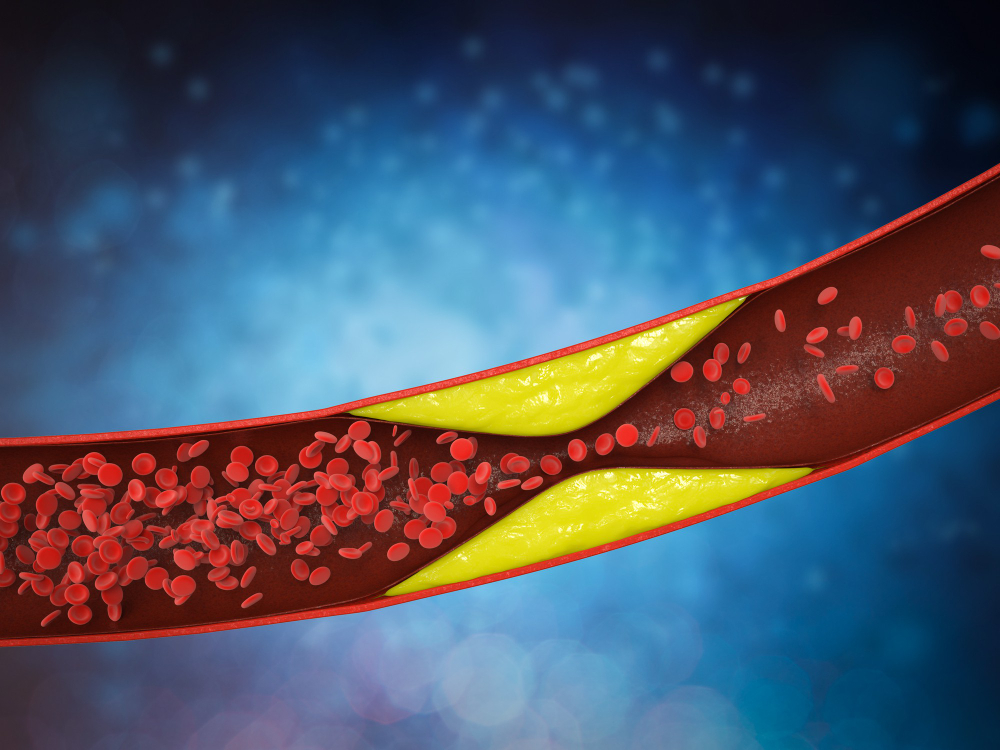Introduction
Hyperlipidemia, also called high cholesterol, is a common health issue. Many people do not know the facts about hyperlipidemia. Because of this, myths about cholesterol often spread. However, knowing the truth is important for your heart health. In this blog, we will explain what hyperlipidemia is, why cholesterol matters, and clear up some common cholesterol myths. We will also share facts about high cholesterol, tips for managing hyperlipidemia, and ways to prevent it.
What Is Hyperlipidemia?
Hyperlipidemia means you have too much fat, or lipids, in your blood. Most often, this means high levels of cholesterol or triglycerides. Cholesterol is a waxy substance your body needs. But, too much can build up in your blood vessels. Over time, this can lead to heart disease or stroke. Usually, hyperlipidemia has no symptoms. Therefore, regular blood tests are important to check your cholesterol levels.
Why Is Cholesterol Important?
Cholesterol helps your body build cells and make hormones. Your liver makes most of the cholesterol you need. Some cholesterol also comes from the food you eat. However, high cholesterol can be dangerous. It can block blood flow in your arteries. As a result, your risk for heart attack or stroke goes up. Because of this, it is important to keep your cholesterol in a healthy range.
Common Myths About Cholesterol
Facts vs. Myths: What Science Says
Many studies show that high cholesterol increases your risk for heart problems. According to the CDC and WHO, high LDL (bad cholesterol) is a major cause of heart disease. On the other hand, HDL (good cholesterol) helps remove bad cholesterol from your blood. Because of this, doctors recommend regular cholesterol checks. Even if you feel healthy, you could have high cholesterol. Therefore, it is important to know your numbers and talk to your doctor.
How to Manage High Cholesterol
Managing hyperlipidemia is possible. For many people, small changes can make a big difference. Here are some ways to manage high cholesterol:
Because everyone is different, your doctor can help you find the best plan for managing hyperlipidemia.
Prevention Tips
Preventing high cholesterol is easier than you think. Try these cholesterol prevention tips:
With these steps, you can lower your risk for heart disease and keep your cholesterol in check.
Conclusion
In summary, many myths about cholesterol can be harmful. But, knowing the facts about high cholesterol helps you make better choices. If you have questions or concerns, consult a healthcare specialist for personalized cholesterol management advice.

